Rwanda
Some signatories to the Kigali Principles, an international policing document, are pushing for some changes to the document.
They want UN peacekeepers to be given more autonomy from their governments especially with regard to decisions they take on the ground.
The 18-point pledges known as the Kigali Principles were adopted in the Rwandan capital, Kigali in May 2015 by 30 countries that contribute troops to the UN’s peacekeeping missions.
This was after deliberations on how to effectively implement the Protection of Civilians mandate in peacekeeping operations.
But following the failing of the UN especially in the Democratic Republic of Congo and the Central African Republic, Rwanda and Netherlands are pushing for more authority for UN forces to use force to defend civilians in conflicts.
Rwanda for instance was abandoned by UN peacekeepers during the genocide in 1994.
Even though parts of the pledge admonish the UN officers “to be prepared to use force to protect civilians as necessary and consistent with the mandate” and “not to hesitate to take action to protect civilians, in accordance with the rules of engagement”, critics say the blue berets have failed to be swift when it comes to protecting civilians.
Contributing countries have also been accused of issuing caveats to their troops in breach of the Kigali Principle.
The principle states that countries should not “stipulate caveats or other restrictions that prevent us from fulfilling our responsibility to protect civilians in accordance with the mandate”.
Asian countries in particular have come up for issuing restrictions for their soldiers such as saying they are not allowed to use their weapons except in a case of self defense.
Press Agencies




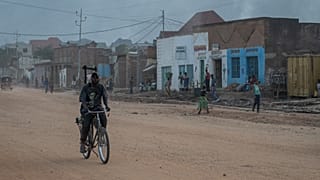
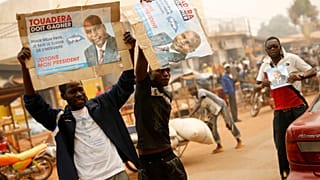

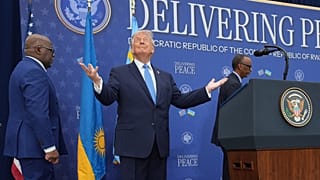
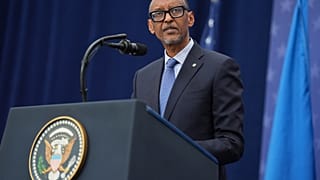

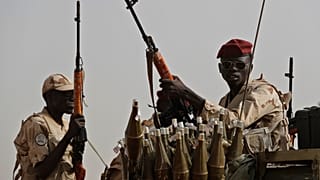
01:58
Femicide not officially recognised in Kenya despite rising cases
01:30
M23 rebels take control of strategic Congo town as peace deal crumbles
01:24
UN chief calls on Eritrea, Ethiopia to respect border pact on its 25th anniversary
01:00
Central African Republic prepares for critical elections amid persisting instability
01:49
UN sounds alarm on funding cuts for Egypt’s vulnerable
00:58
M23 rebels claim control of Uvira in eastern Congo